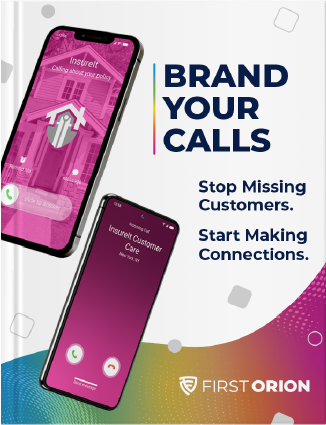Phone feeling dry? If you haven’t been receiving texts or phone calls lately, don’t automatically blame your friends – your phone could be hacked.
Most people use their smartphones as authentication devices for social media, stores, and apps. If you forget a password, most sites will let you send a temporary password or verification code to your listed device to reset it. In theory, it’s a secure way to keep your sensitive information safe.
Unfortunately, not every security system is bulletproof. Scammers have found ways to hijack your phone number. If your information has been compromised and posted on the dark web, scammers can trick phone companies into switching your number from your phone to one they control. Once they control your phone number, they can use it to reset your passwords and take over your accounts. If successful, scammers can drain your accounts, change the email and address associated with your accounts, and take your credit cards on a shopping spree.
This so-called “Port-Out Scam” is pretty scary, and it’s been working. One T-Mobile user didn’t even know he had been hacked until he received an e-mail saying he had successfully transferred $1,799 to another account – which he did NOT do. Luckily, after contacting T-Mobile and his bank, he got his number and money back since it was a fraudulent transfer.
So how can you protect yourself against this scam?
- Contact your network provider and ask for PIN authentication for your accounts.
- See if your accounts can use an app-based authentication such as Authy or Google Authenticator.
- Never give out your social security number or bank information.
- Keep personal information such as your date of birth, phone number, mother’s maiden name, and first car off of social media so scammers can’t impersonate you.
- Use a separate e-mail for your banking information.
- Don’t answer calls from numbers you don’t know.
- If you want to see if your email or information has been compromised, websites like “Have I Been Pwned” search data breaches for your information so you can take action.
The other way scammers may get ahold of your number is through actively spamming it. Scammers will buy large lists of numbers and mass-call them to confirm that they’re live. Using an app like PrivacyStar can protect you from answering these bogus calls, so your number might be crossed off as a dead number. If you suspect a number has called you for that purpose, you can report it to the FTC and First Orion directly inside of the PrivacyStar app.




